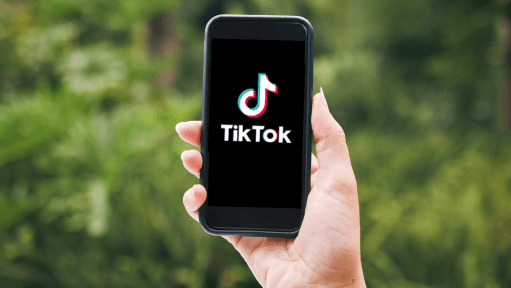
Congress Passes Bill Targeting TikTok, Potentially Leading to its Ban After Years of Delays
TikTok is expected to challenge the legislation, setting the stage for a significant legal battle
Congress has passed a bill that could lead to the ban or forced sale of TikTok, marking a significant move against the popular video-sharing platform's Chinese ownership over concerns related to national security.
The Senate voted 79 to 18 in favour of the measure, included as part of a larger package offering aid to Israel, Ukraine, and Taiwan. President Biden plans to sign the bill into law on Wednesday.
Once enacted, the provision will give TikTok's parent company, ByteDance, approximately nine months to sell the app or face a national ban, with the possibility of a 90-day extension.
This bipartisan measure represents a substantial threat to TikTok's US operations, which boast over 170 million users and have become a major economic and cultural force.
Lawmakers cite worries that ByteDance's ownership could potentially compromise American data security, a claim that TikTok disputes.
TikTok is expected to challenge the legislation, setting the stage for a significant legal battle asserting free speech rights for its millions of users. Despite TikTok's efforts to sway lawmakers, including urging users to contact representatives and running ads promoting data security, these actions have not deterred Congress.
The legislative push comes after years of scrutiny over TikTok's ties to China, with concerns about user data vulnerability. TikTok had proposed measures to address these concerns, but negotiations stalled, prompting lawmakers to pursue legislation empowering the executive branch to act against the platform.
Efforts to pass this bill gained momentum recently, with key lawmakers and administration officials collaborating for months. House lawmakers strategically paired the TikTok bill with legislation targeting data privacy concerns, allowing for swift advancement through Congress.
Despite bipartisan support, some lawmakers oppose the legislation, fearing government overreach and potential restrictions on online speech. However, the bill's inclusion in a broader foreign aid package facilitated its passage, demonstrating effective legislative maneuvering.
This unexpected turn of events highlights the complex process of policymaking, underscoring the intersection of national security, privacy, and free speech concerns in the digital age.
For any enquiries or information, contact ask@tlr.ae or call us on +971 52 644 3004. Follow The Law Reporters on WhatsApp Channels.